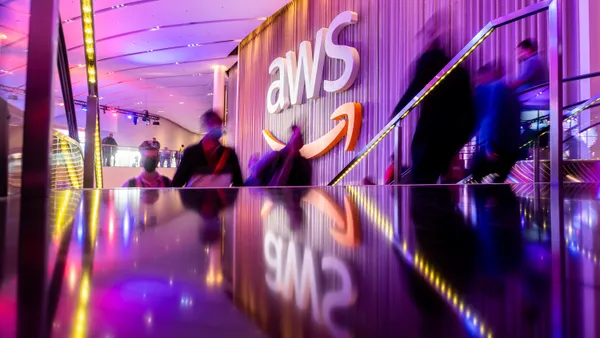Dive Brief:
- Knowledge workers say they would delegate 27% of their work to AI agents today and expect this to grow to more than 40% in 3 years, according to Asana’s State of AI at Work report, released Sept. 25.
- But their mistrust of the technology and their organization’s failure to account for its mistakes are stalling adoption, the research found. An August survey of 2,025 knowledge workers in the U.S. and U.K. found that 62% of knowledge workers see AI agents as unreliable, and almost half say AI agents may not understand their team’s work. More than half (54%) said that instead of saving time, AI agents would create extra work and force teams to correct or redo outputs.
- The survey also revealed a training gap: 82% of knowledge workers said proper training is essential to using AI agents effectively, but only 38% of organizations have provided it. “Without this foundation, teams can’t provide effective oversight or course correction — so errors repeat and trust erodes further,” Asana stated in a media release.
Dive Insight:
To avoid getting stuck in that cycle, organizations first need to understand that the “shift from generative AI to AI agents marks a radical change in how work is produced and by whom it is credited,” the report explained.
That is, while generative AI acts only when prompted, and the authors of its output can be identified, AI agents “initiate action, make decisions and coordinate across systems without constant human oversight,” it noted.
“AI scalers” — organizations that recognize the distinction and successfully shift from generative AI to AI agents — achieve this through three transformational steps, the research found. They rebuild work processes for AI-human collaboration, guide employees through structured transformation and build AI literacy at all levels. They’re also more likely to say AI helps them better coordinate work across teams and improves productivity, the report said.
Building AI literacy may be among the most urgent actions organizations need to take, according to a recent survey by Howdy.com. About 1in 5 of the more than 1,000 full-time U.S. professionals surveyed said they feel pressured to use AI tools in situations they’re unsure about. The survey also found that 1 in 4 workers often or always feel overwhelmed with AI developments.
As employees generally face a massive learning curve when translating AI’s capabilities into actual workplace functions, and HR teams deal more specifically with multi-generational levels of comfort and awareness about AI, it will be up to HR departments to articulate a vision to bridge the gaps, sources recently told HR Dive.
Employers will also have to prepare for a shift in their workforce: Nearly 3 in 10 companies said they’ve already replaced jobs with AI, and 37% expect to have replaced jobs with AI by the end of 2026, a September report from Resume.org found. High-salary roles may be targeted first, and those without AI-related skills are particularly vulnerable, the report said.















